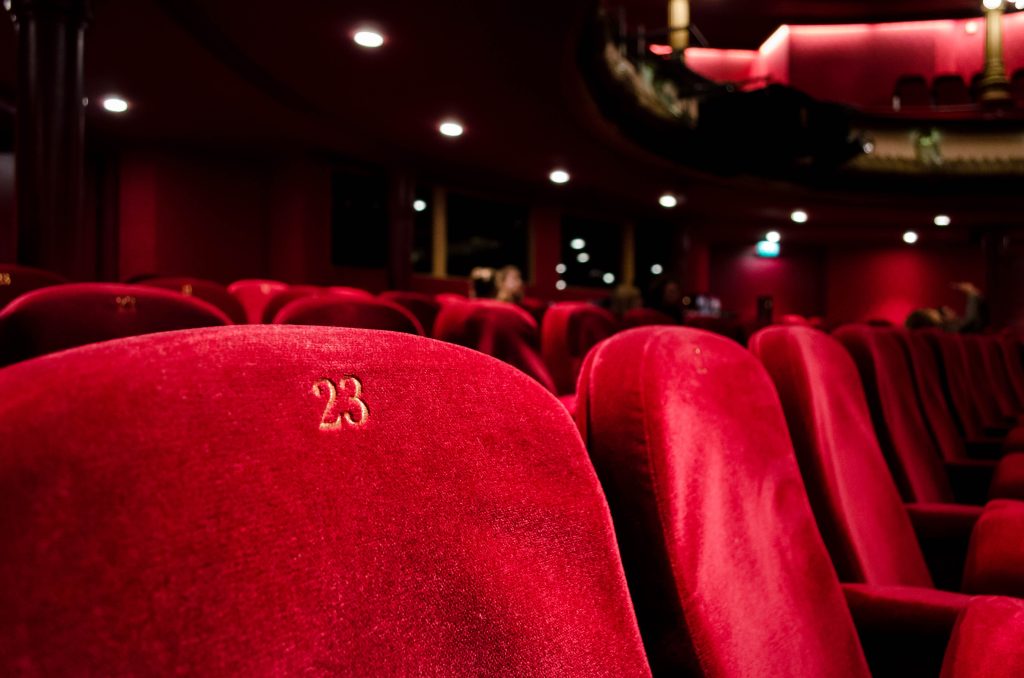
When it comes to bootleg musicals, conflicting opinions abound. Sure, they’re technically illegal, but isn’t it a victimless crime? Or are they doing damage to the art that writers, actors, and many more have put painstaking effort into creating? Do they wrongly cheapen what should be a top-drawer experience, or do they better the theatre industry by making it more accessible to the masses?
Bootlegs are illegal recordings of musicals or shows made by people in the audience and distributed, often via YouTube, for people online to see. Nowadays, they’re usually taken on smartphones and the quality tends to be awful. Yet these recordings often fetch tens, even hundreds of thousands of views, despite normally being taken down after only a few weeks due to copyright laws. As a form of piracy, bootleg musicals are 100% illegal, but many have argued that they do more good for the industry than bad.
Musical theatre, for the hundred or so years it’s been around, has always been a form of entertainment meant for the upper classes. Whilst it isn’t quite the elegant affair it used to be, it is still an extortionately expensive experience. While the West End is typically cheaper than Broadway, ‘cheap’ tickets for Les Misérables without an obstructed view average at around £65, with the best seats going for £175 for one evening of entertainment. This is obviously not factoring in the cost of travel; popular shows like Les Mis or Wicked do tour occasionally, but theatre fans who don’t live in London or New York have to factor in transport, hotel and dining. All together, it can set fans back a few hundred to thousand.
So no wonder the internet is rife with musical theatre contraband. Counter arguments include seeing a bootleg will discourage people from watching the show, viewers aren’t financially supporting creators, and that viewers don’t experience shows the way creators intended. In the first case, seeing a bootleg is far from an exact replica of the experience of live theatre, and if anything, someone who watches a bootleg might be encouraged to then purchase a ticket for the real experience. If not, it is likely that seeing the show was never something they were going to do anyway, so it makes no difference. In addition, while the frustration of creators at seeing their work reduced to a shaky video with muffled audio is understandable, this wouldn’t be a problem if the show was more accessible and affordable in the first place.
If the people watching them were never going to be able to see the show in the first place, what’s the damage?
It’s worth noting that some musicals have professional recordings which are available to watch online at a reasonable price. Newsies, Legally Blonde, and more recently, Hamilton, are all shows which saw a massive reduction in pirated content after releasing such recordings. It seems the obvious solution to the problem of bootlegging, but it’s still something that creators and producers are reluctant to do because of fears that it will affect ticket sales. Cue the pandemic, and all of a sudden, theatres aren’t making any money and bootlegs or recordings are the only way anyone can experience theatre. Many production companies, like The National Theatre and Shakespeare’s Globe, put professional recordings of plays on YouTube for anyone to see. In terms of musical theatre, the release of Hamilton onto Disney+ was undeniably the most notable move made to allow people to experience theatre from the safety of their home, as well as the most expensive. Disney paid $75 million for the rights to the show – there have been notably fewer cases of Hamilton being bootlegged ever since.
Through the pandemic, we’ve seen that shows can provide people with reasonably priced access to musical theatre and turn a significant profit while doing so. But bootlegs can help the industry in much more significant ways. This April, the West End will see a revival of Frank Wildhorn and Don Black’s show Bonnie and Clyde at the Arts Theatre. In 2011, the show ran on Broadway but closed only a month after previews ended. With not much more than a workshop here and there to sustain it in the last decade, it’s clear that the fanbase the show’s amassed since closing on Broadway is largely made up of people who’ve seen the bootleg on YouTube. This is only one example (Heathers is another) of a show gaining fame and continuing to amass support after an unremarkable run through bootlegs. If it wasn’t for those people recording the show on their phone ten years ago, many wouldn’t have had the opportunity to see it, and it may have even fallen into obscurity.
Modern musical theatre undeniably relies on people who often don’t have the financial means to go and see shows in order to keep it running. Why, then, are these people, many of whom have gotten into theatre via bootlegs, scorned for doing so? Why do writers, actors, and producers continue to condemn bootlegging despite the obvious benefits? Perhaps it is a protectiveness over their art, but perhaps, just maybe, it’s a desire to maintain the ideal of theatre as a space for the elite, and the elite only.
